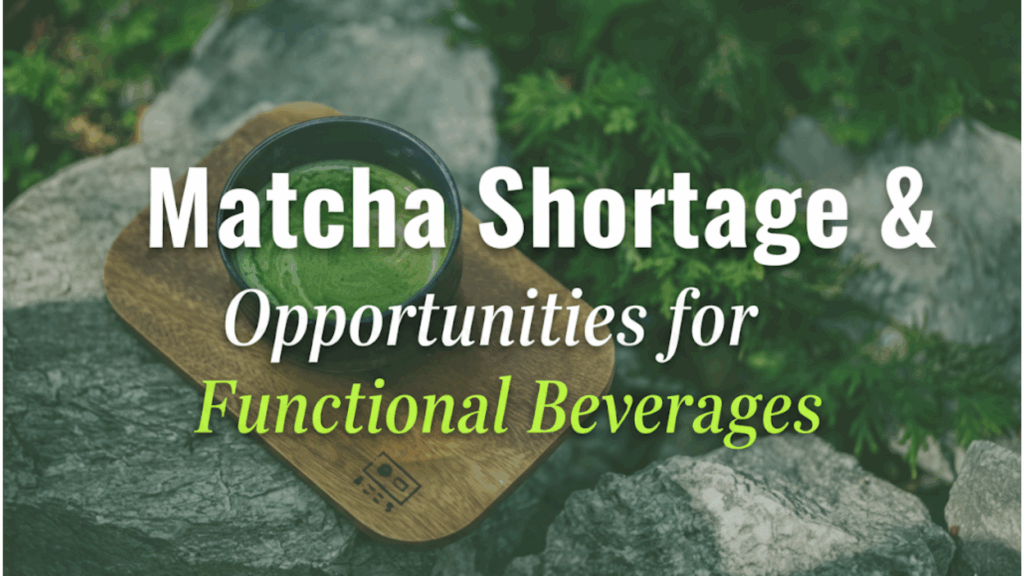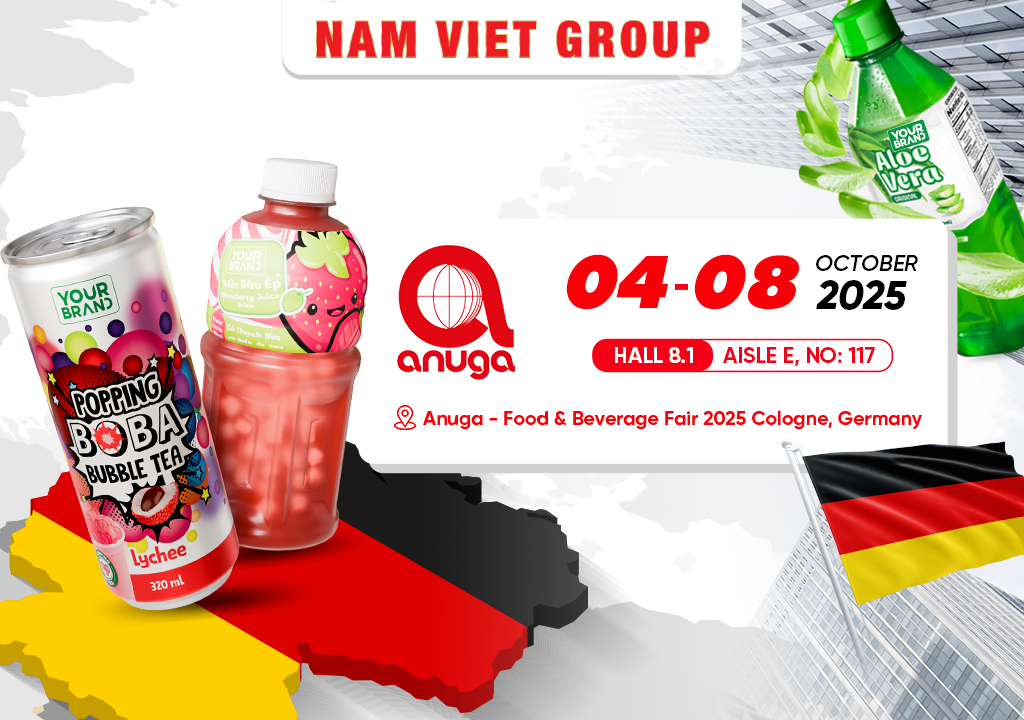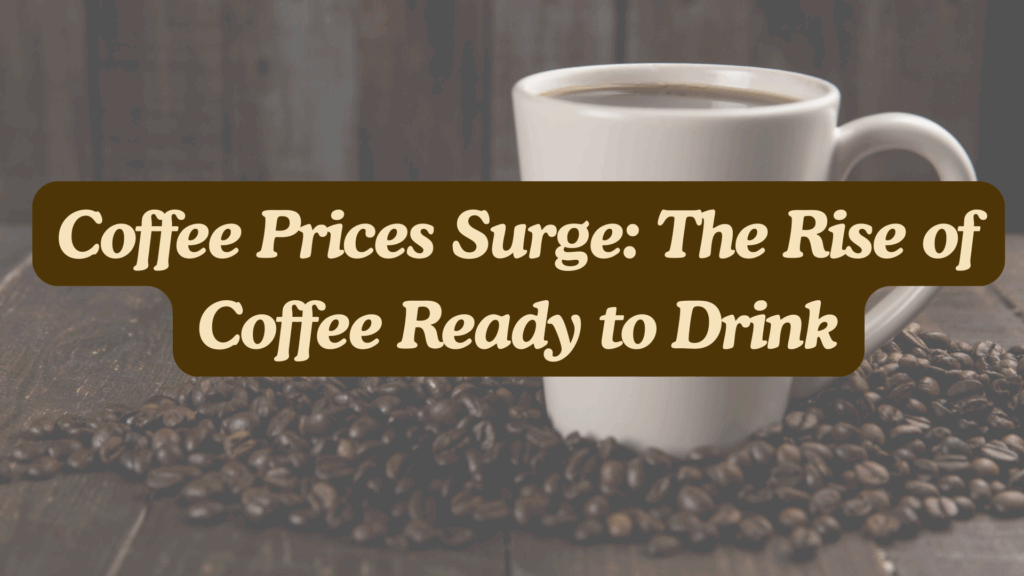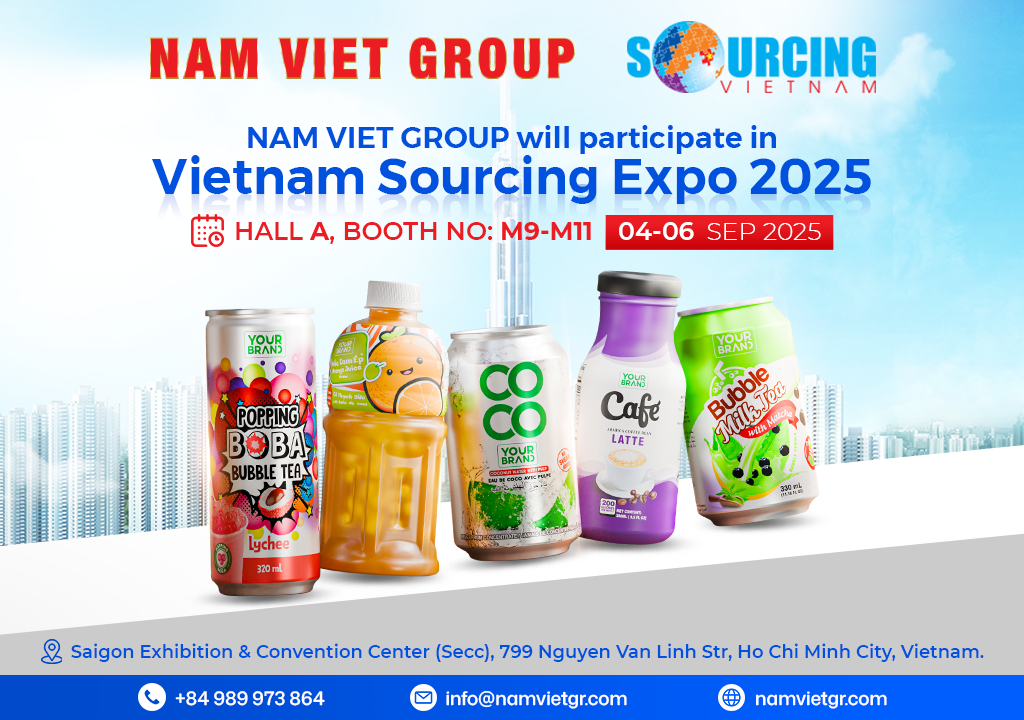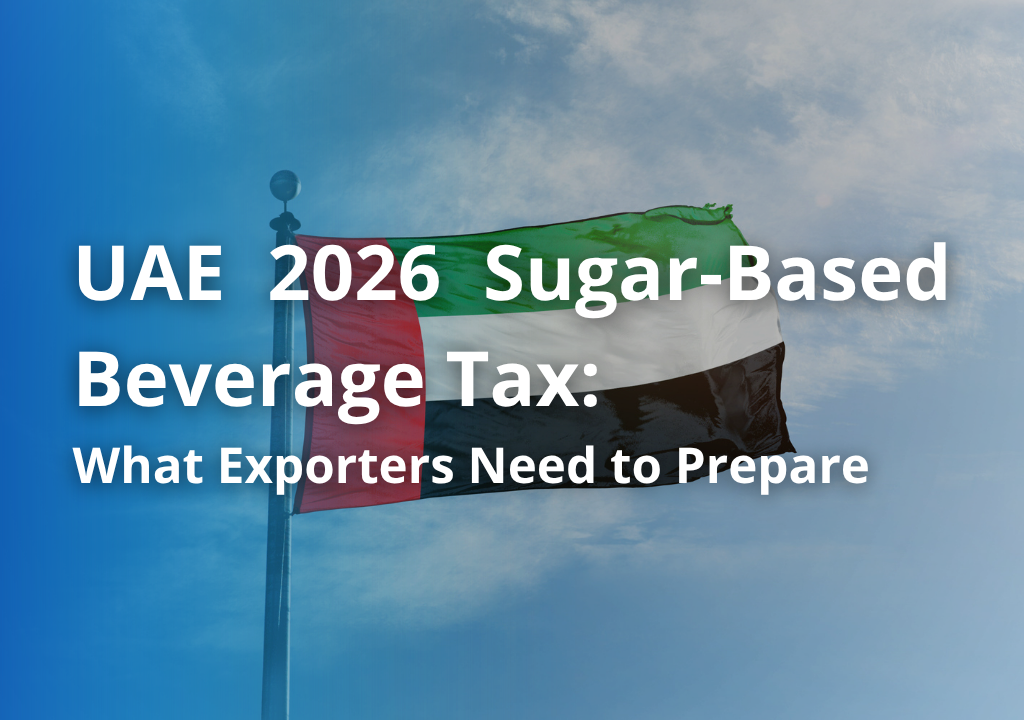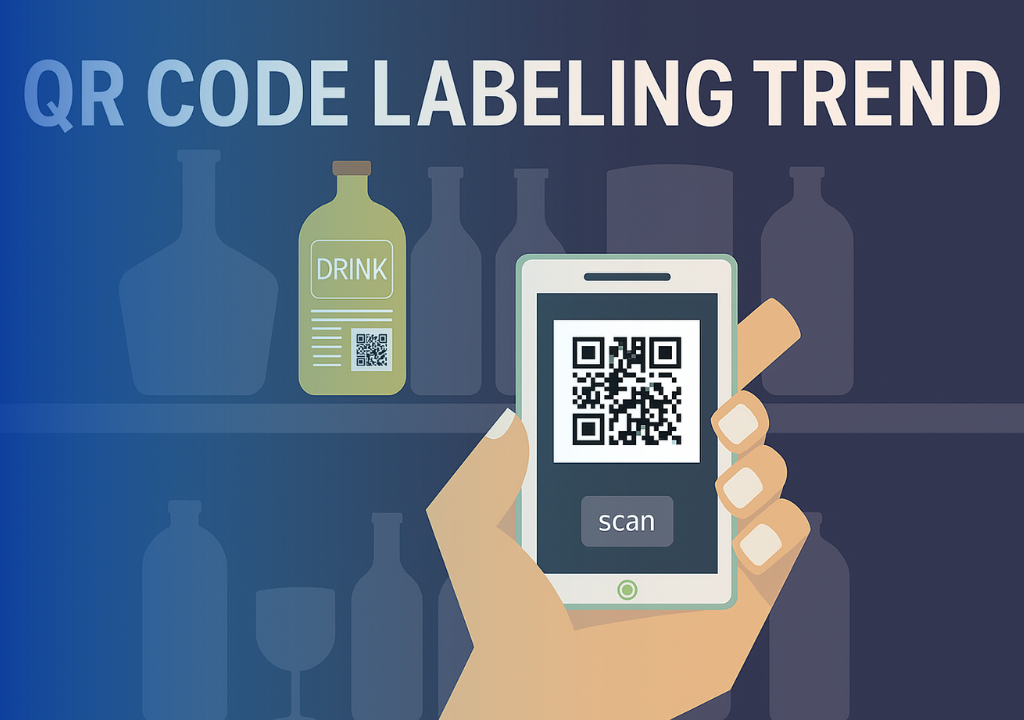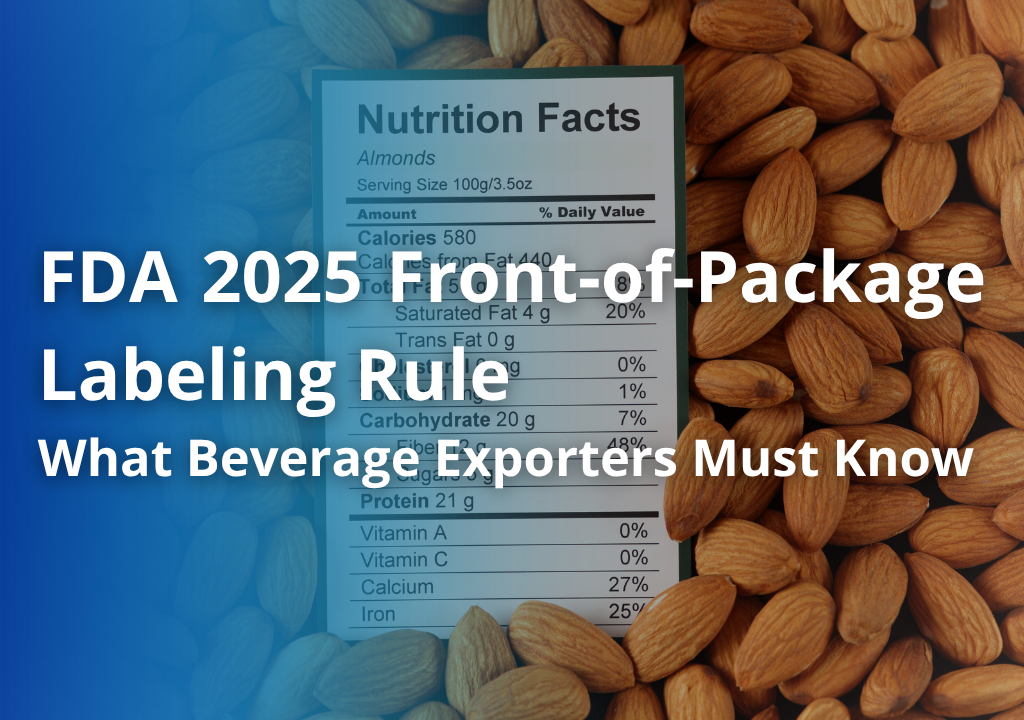Is This the Perfect Time for Private Label Growth in 2025?
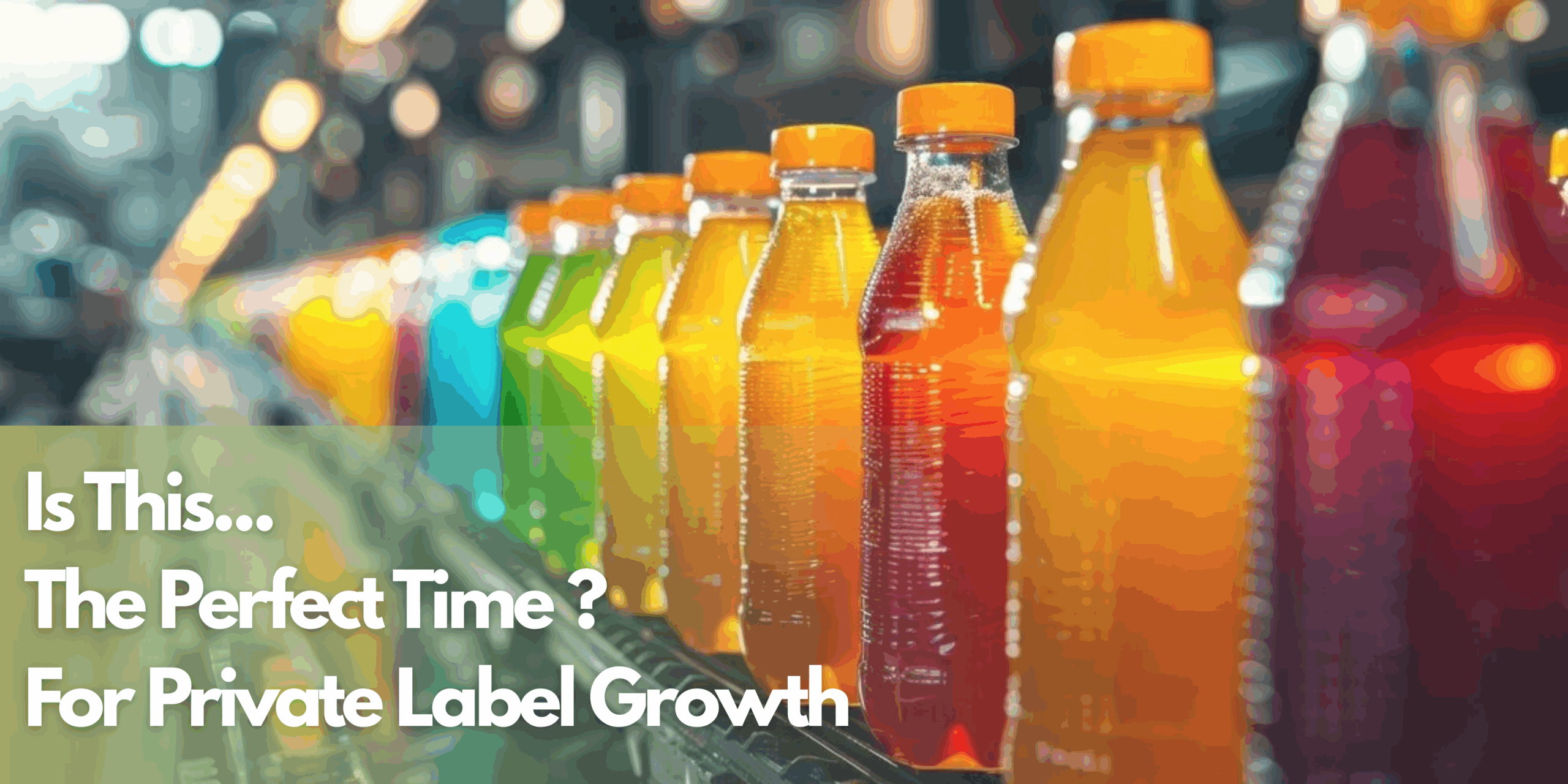
Private Label continues to attract retailers worldwide, driven by shifting consumer demands and expanding market opportunities. Global brands seek ways to stand out and strengthen supply chain reliability.
Capitalizing on Private Label Demand
Private label demand is surging as younger shoppers build new loyalties and spending habits. Recent NIQ RMS data shows a 5.6% increase in private label value sales globally from Q2 2023 to Q2 2024, with Middle East/Africa leading at over 34%. Inflation has fueled more careful purchasing decisions, pushing consumers to focus on products that check every box for quality and price.
Millennials and Gen Z are especially open-minded about brand choices, seeing ‘discount’ brands in an entirely new light compared to previous generations. These shifts point toward unprecedented opportunities for manufacturers who continue delivering both innovation and reliability across product lines. By responding quickly to nuances in local preferences while maintaining high standards of availability and sustainability, suppliers position themselves squarely where future growth will happen next.
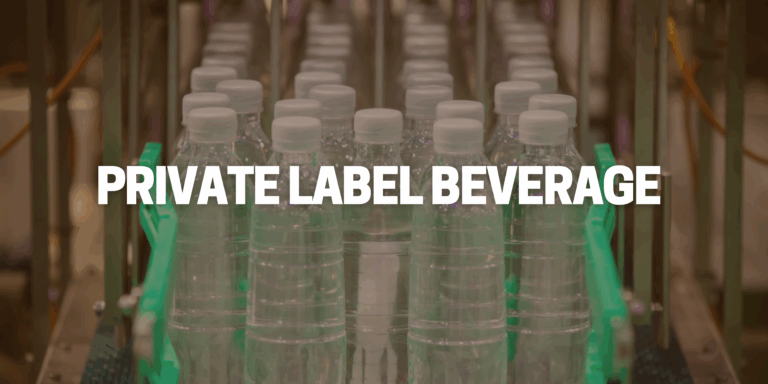
Navigating Vietnamese Manufacturer Opportunities
Vietnam is rapidly emerging as a prime destination for Private Label manufacturing. Electronics exports alone reached $72.6 billion last year, fueled by significant investments from global tech leaders. The nation’s logistics sector is expanding just as fast, managing a 400% surge in container traffic since 2018—an advantage that accelerates supply chains for Private Label projects.
Industrial real estate adds further potential, with Vietnamese REITs operating industrial parks and factories designed to support both local production and international shipping. Vietnam is also moving into advanced sectors such as semiconductors, with new parks valued at $500 million. Despite tariffs of up to 40%, it is actively targeting the U.S. market with products like electric vehicles.
By building partnerships through joint ventures, leveraging skilled labor, and tapping into modern infrastructure, brands can minimize risk while accessing high-quality Private Label production across diverse categories in Southeast Asia’s most dynamic export hub.
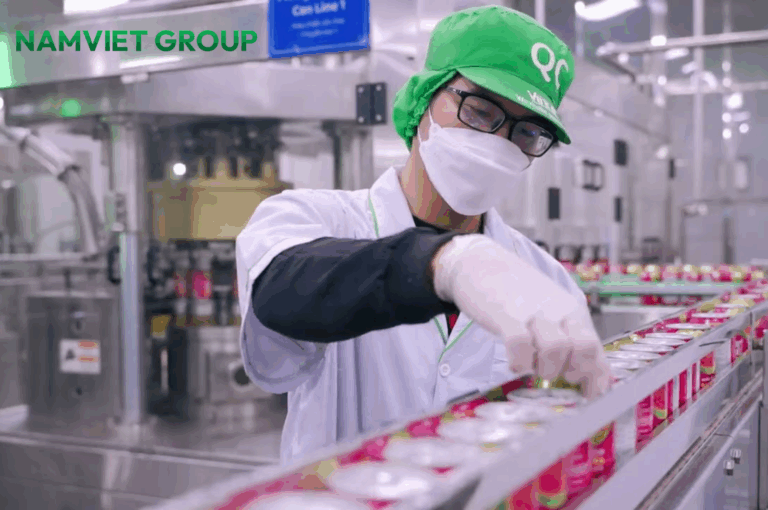
Strategic Advantages for Retailers Today
Retailers are finding measurable benefits in adopting Private Label strategies. As consumers increasingly choose cost-effective alternatives, sales of Private Label products have surged more than 10% year-over-year, according to recent retail reports. These store brands often deliver higher profit margins than national brands, maximizing revenue with each sale.
The flexibility of Private Label manufacturing enables retailers to adapt quickly to shifting trends or supply shortages that might disrupt traditional supplier pipelines. Consistent quality and competitive pricing also strengthen customer loyalty, encouraging repeat purchases under a single trusted brand.
By leveraging Private Label, retailers gain direct control over pricing, product assortment, and inventory flow—critical elements for navigating today’s tight market conditions while ensuring supply stability and long-term profitability.
Driving Private Label Growth Through Consumer Insight and Supply Chain Excellence
Global demand for Private Label products is accelerating as over 60% of shoppers have tried store brands in the past year, often returning for repeat purchases thanks to competitive pricing, comparable quality, and transparent sourcing.
Retailers can strengthen loyalty by aligning with consumer priorities—such as sustainability and ingredient integrity—while using distinctive branding to stand out in crowded markets. Optimizing supply chains through predictive analytics, AI, and real-time tracking further reduces waste, improves stock availability, and enhances adaptability during market disruptions.
With Private Label now capturing nearly one in every four grocery dollars worldwide, the opportunity to combine consumer insight with operational efficiency has never been stronger.
Conclusion
In 2025, the rise of private label brands is no longer just a trend — it’s a strategic shift that’s reshaping the global beverage market. For OEM/ODM beverage manufacturers, this is an opportunity to capture new markets, diversify product portfolios, and build long-term partnerships with retailers seeking high-quality, competitively priced products.
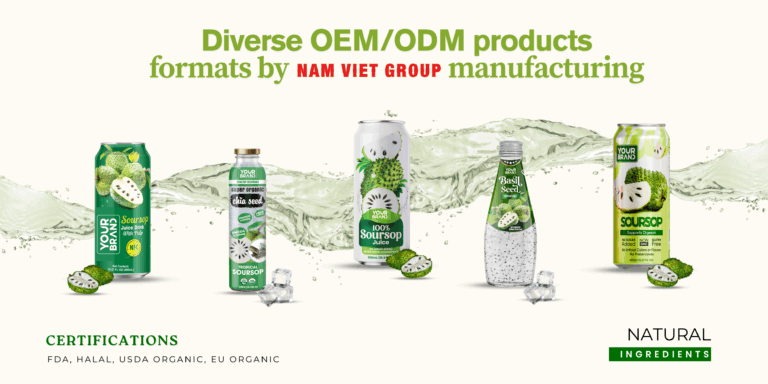
At Nam Viet Group, we specialize in bringing private label visions to life — from concept development to large-scale production — with a strong focus on quality, innovation, and global export standards. If you’re ready to launch or expand your private label beverage line, our team is here to turn your ideas into shelf-ready products.
📩 Contact Nam Viet Group to discuss your OEM/ODM beverage needs and tap into the growing potential of private labels.


